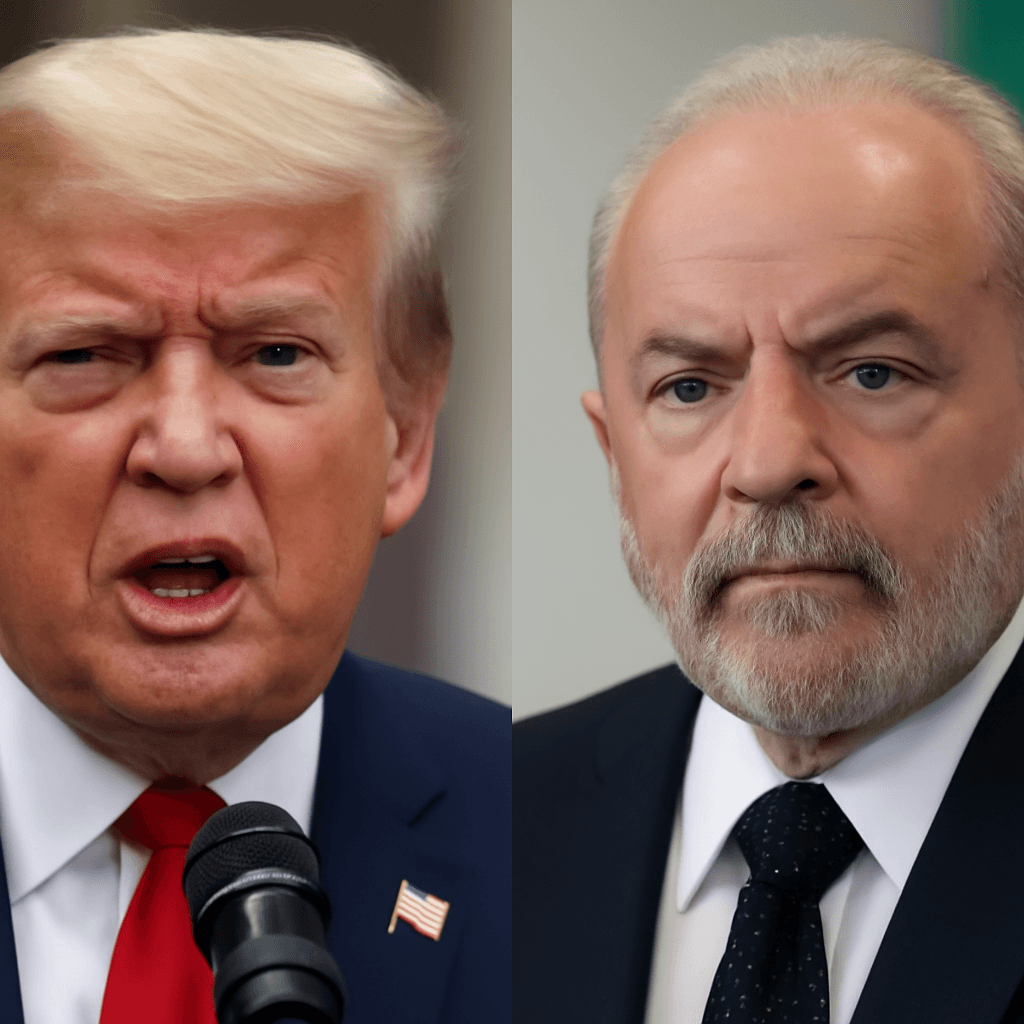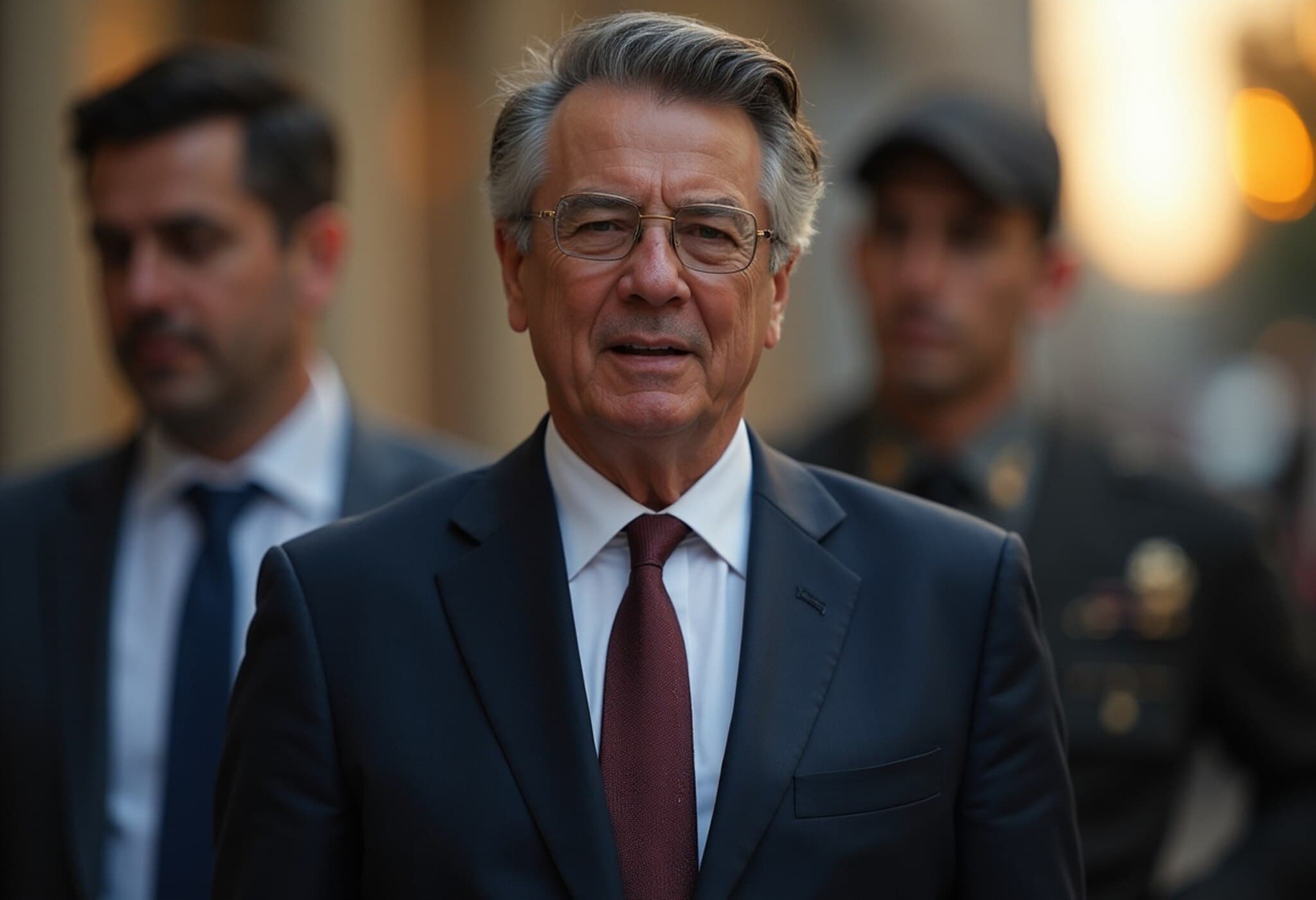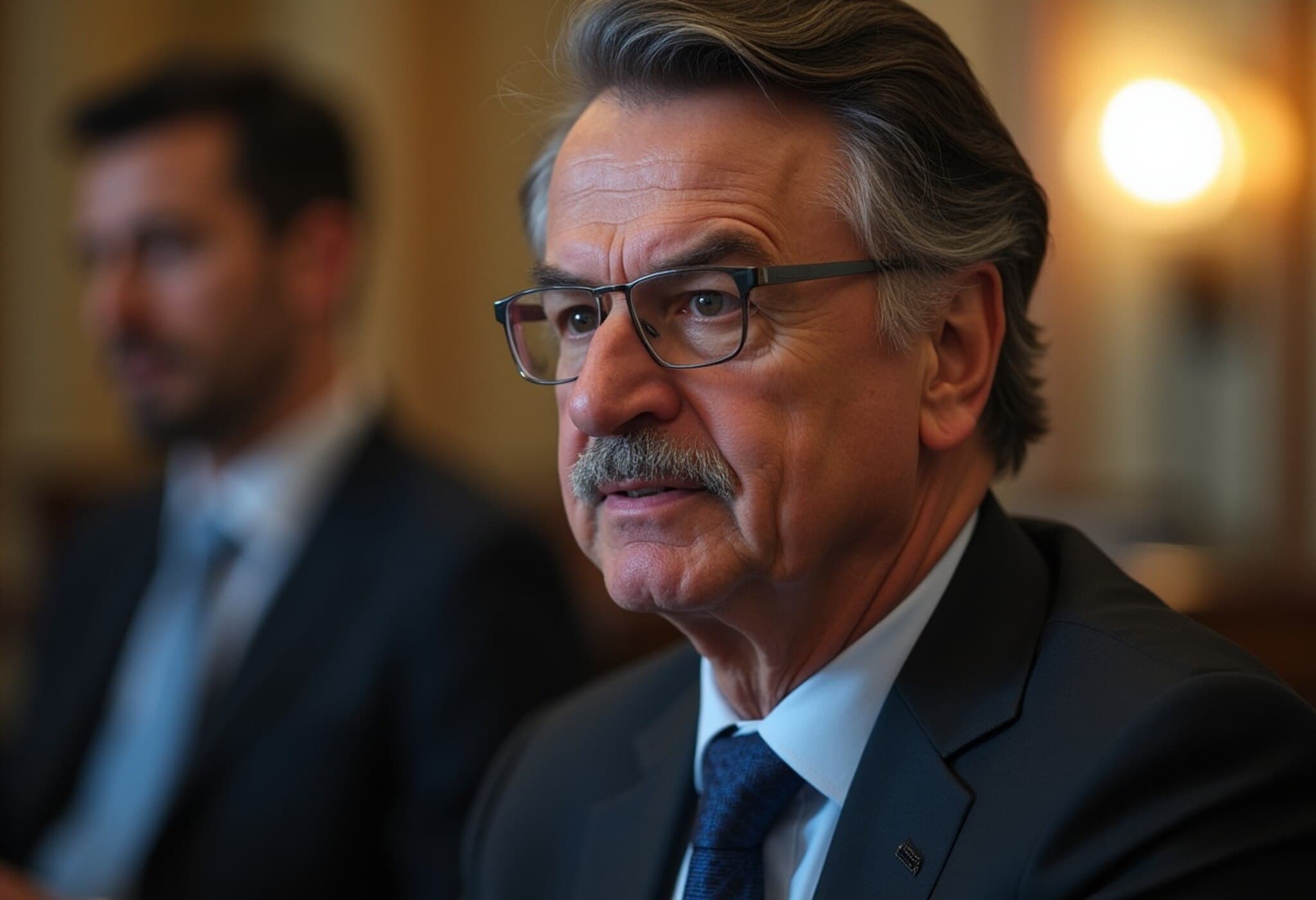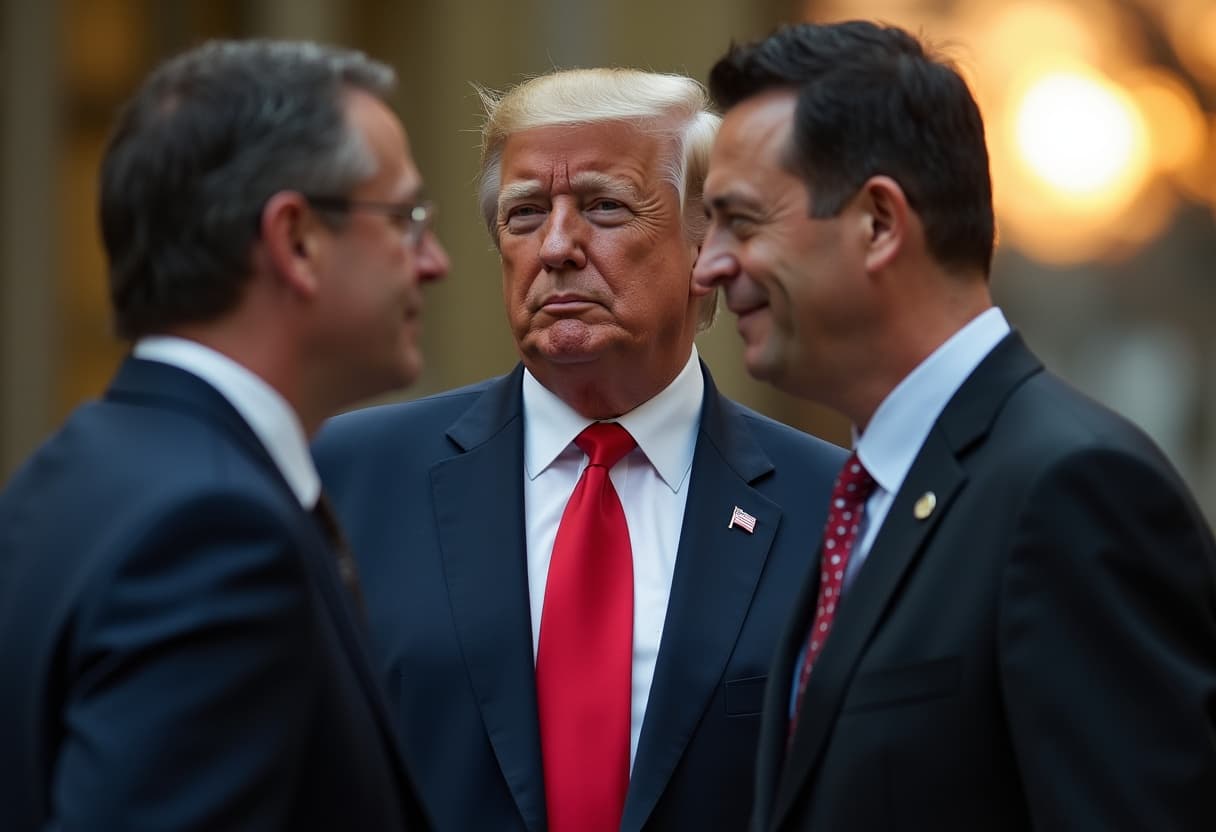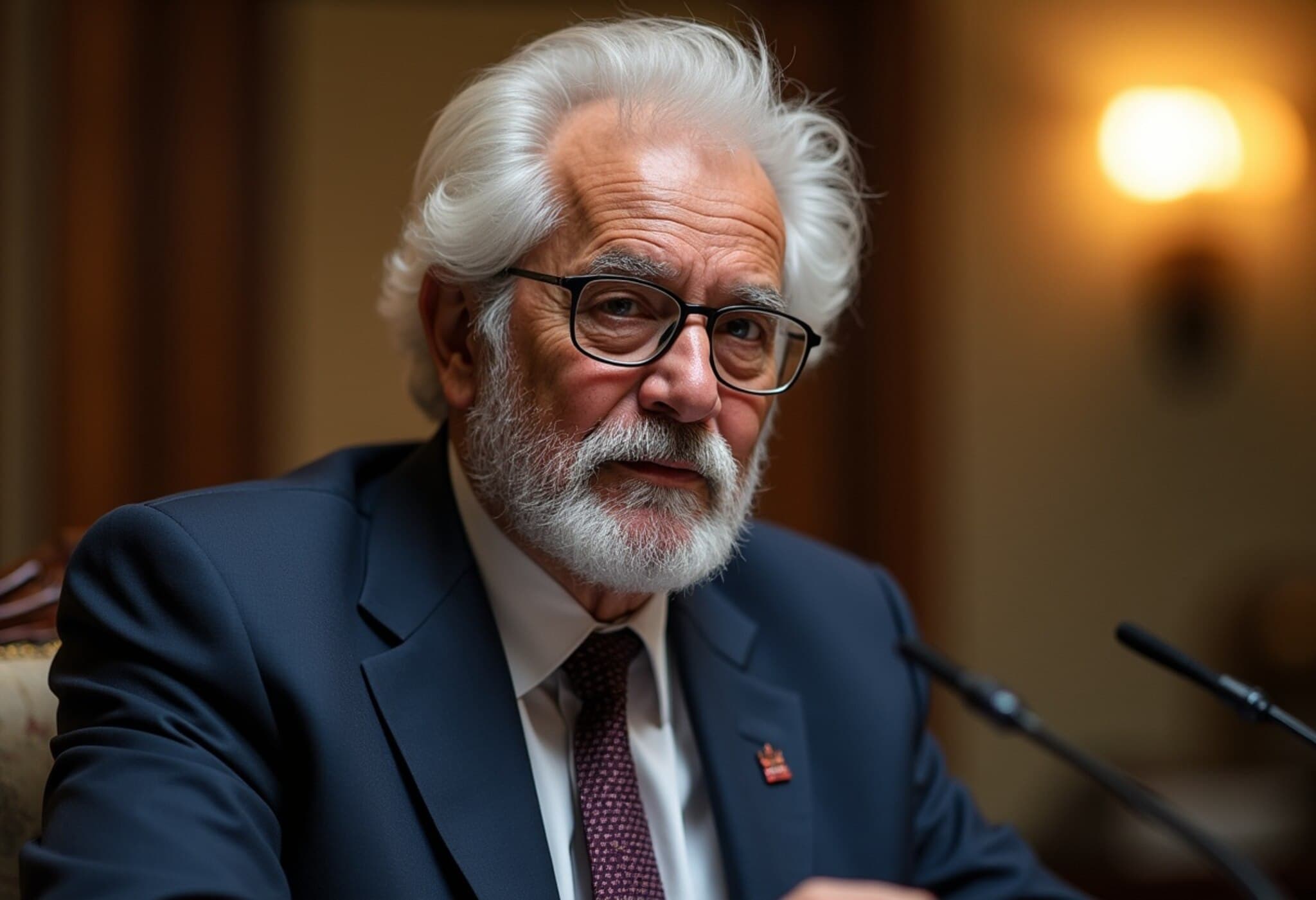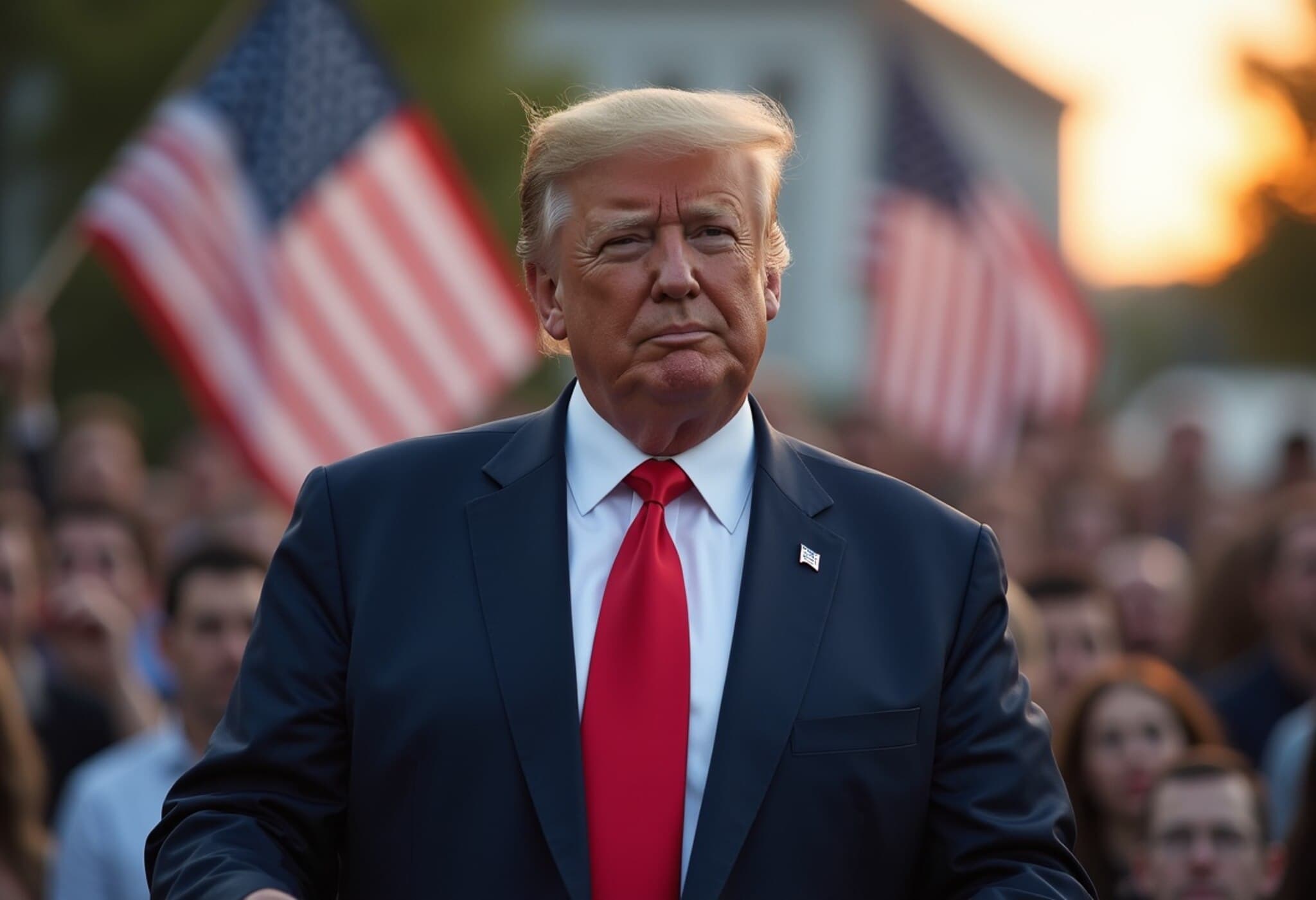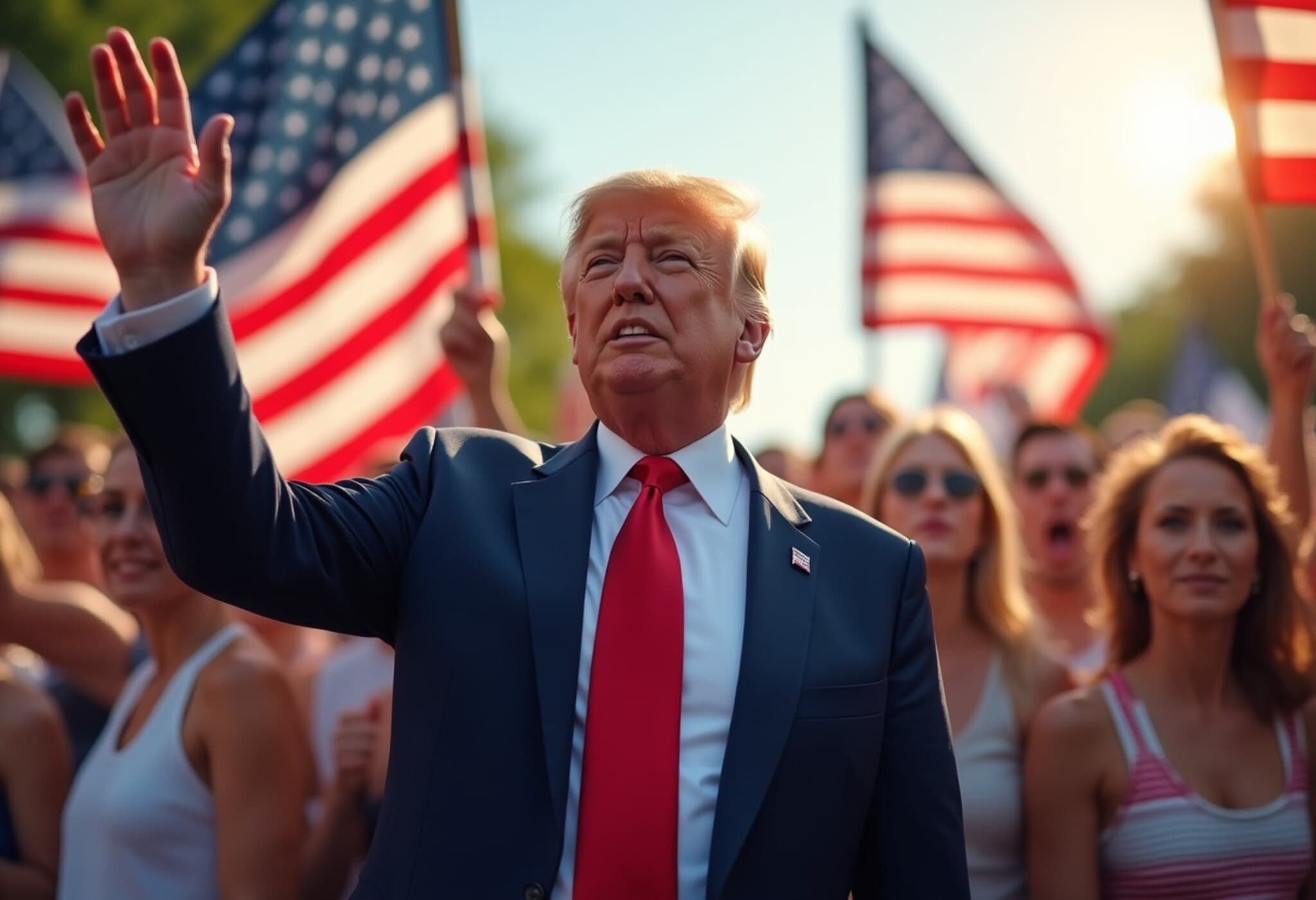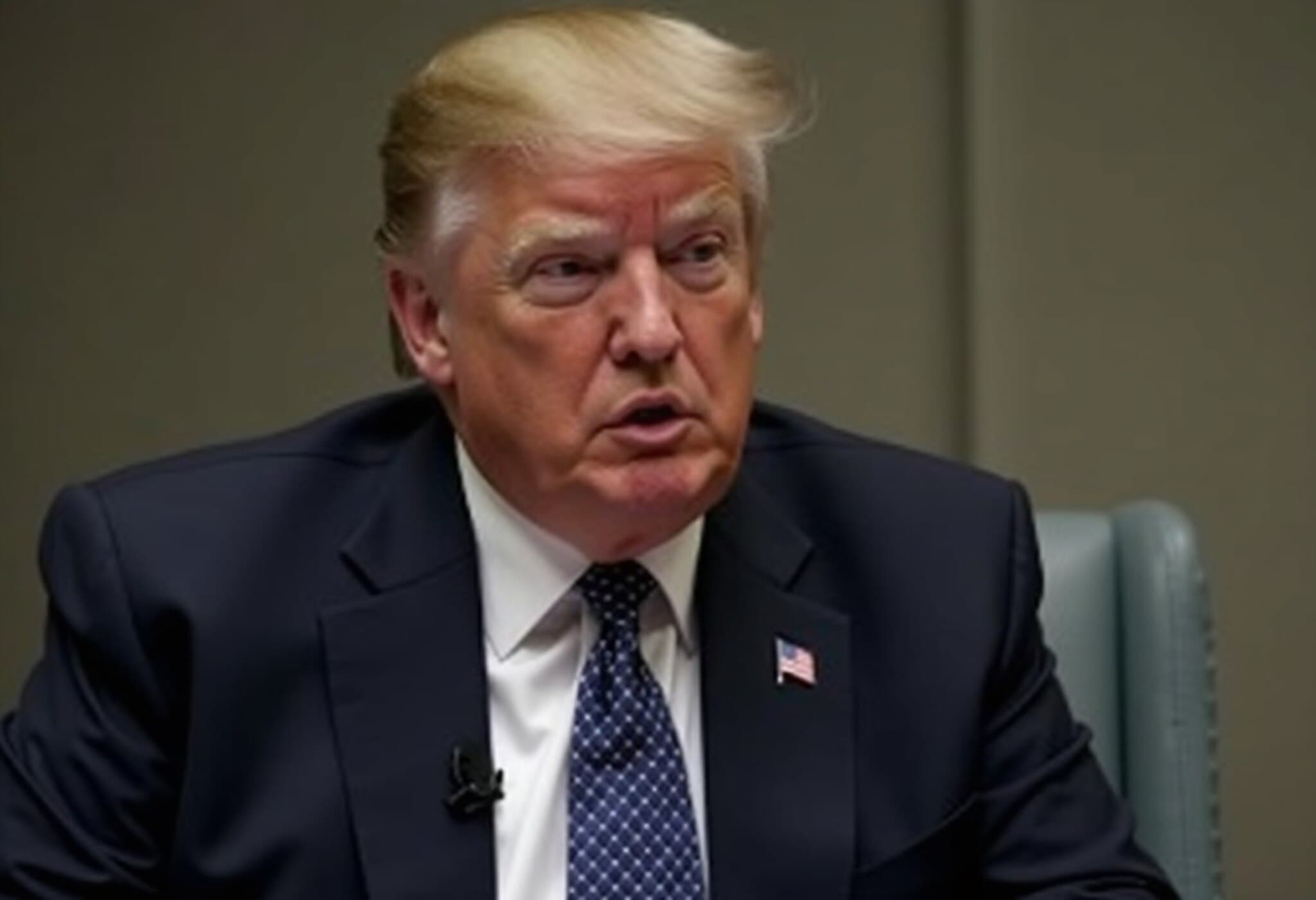Trump Accuses Brazil of "Witch Hunt" Against Bolsonaro
In a provocative statement on July 7, 2025, former U.S. President Donald Trump sharply criticized Brazilian authorities for their ongoing legal actions against his political ally, former Brazilian President Jair Bolsonaro. Calling the prosecution a "witch hunt," Trump lamented the continuous pressure Bolsonaro faces, highlighting what he described as an unfair political persecution.
Trump's remarks came as Bolsonaro stands trial before Brazil’s Supreme Court on charges of leading a "criminal organization" aimed at overturning the 2022 presidential election results, which he narrowly lost to the current left-wing President Luiz Inácio Lula da Silva.
Lula da Silva Pushes Back, Condemns Foreign Interference
Brazilian President Lula da Silva responded swiftly, setting aside diplomatic restraint to confront Trump's claims head-on. He denounced what he sees as an unwarranted intrusion into Brazil’s judicial sovereignty, underscoring that "no one is above the law." Lula’s firm stance highlights broader tensions between the Bolsonaro camp, which remains influential among Brazil’s right-wing base, and the current progressive government.
Legal and Political Implications
Bolsonaro’s trial centers on allegations that he orchestrated efforts to subvert democratic processes — a charge he vehemently denies, claiming political victimization intended to bar him from contesting the 2026 presidential election. His legal predicament carries potential penalties of up to 40 years imprisonment.
The case echoes earlier U.S. turmoil: Trump himself faced multiple allegations surrounding the January 6, 2021 Capitol attack, where his supporters sought to overturn his election defeat. Bolsonaro’s son, Eduardo Bolsonaro, praised Trump's solidarity on social media, hinting at further international support.
Contextualizing the Brazil-U.S. Dynamic
This clash unfolds against a complex geopolitical backdrop. As Lula hosts a summit for BRICS nations, including China, Russia, and Iran, the rift between Brazil and the U.S. surfaces amidst escalating trade tensions fueled by Trump-era tariffs and foreign policy. The BRICS alliance criticizes unilateral U.S. actions, further complicating Washington’s relationship with emerging global powers.
What’s at Stake?
- Democratic Stability: Brazil grapples with balancing judicial independence and political reconciliation amid highly polarized electorates.
- International Relations: The public exchange between former U.S. president and Brazil’s leadership signals strains that may impact trade and diplomatic engagement.
- Upcoming Elections: Bolsonaro’s legal status directly influences Brazil’s 2026 presidential race, with implications for regional politics and U.S. ties.
Expert Commentary
Political analysts note the unique parallels between the Bolsonaro and Trump cases, underscoring how populist leaders around the world face challenges from institutional checks meant to safeguard democracy. The legal confrontations highlight the fragility of democratic norms when coupled with intense political polarization.
Furthermore, Lula’s rebuke of Trump reflects Brazil’s insistence on judicial autonomy and resistance to external interference — a sentiment shared by many democracies wary of foreign influence in domestic affairs.
Looking Ahead
Observers will be watching closely how Brazil navigates this turbulent period: Will the trial deepen social divisions or drive reform? How will the U.S.-Brazil relationship evolve under these pressures? And ultimately, how will voters shape the political landscape in the coming years?
Editor's Note
The unfolding saga of Bolsonaro’s trial and Trump’s vocal support raises profound questions about the resilience of democratic institutions in an age of rising populism. It challenges readers to consider the delicate balance between legitimate judicial action and political persecution. As Brazil stands at a crossroads, the global community watches with keen interest, aware that these disputes resonate far beyond Latin America’s borders.

